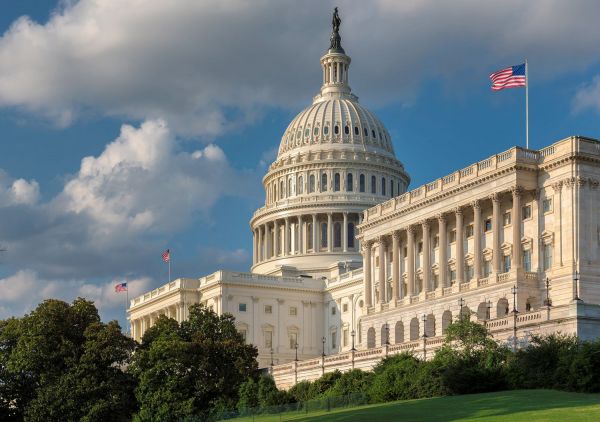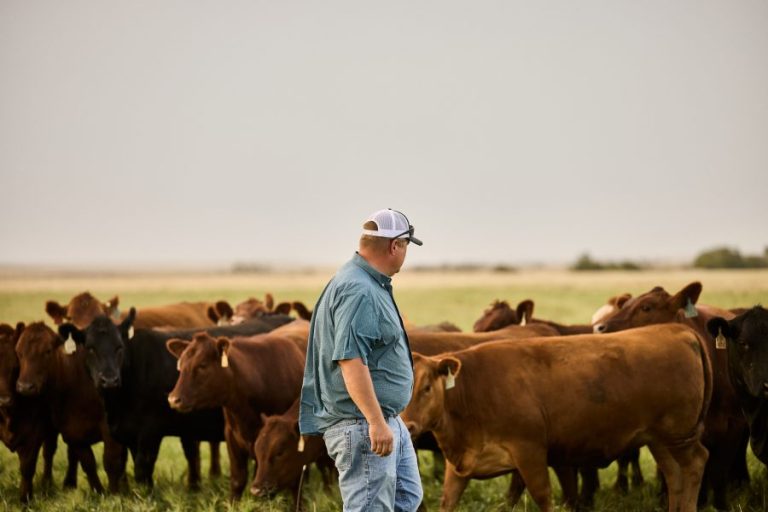CHEYENNE, WY – More than 300 jobs in Wyoming will be created to clean up and plug so-called orphaned oil and gas wells on public lands, funded in part by the Infrastructure Investment and Jobs Act.
Bob LeResche, board member of the Powder River Basin Resource Council and the Western Organization of Resource Councils, is a longtime advocate for restoring Wyoming’s iconic landscapes after drilling. He said wells abandoned by oil and gas producers pose a serious hazard for drinking water, agriculture and wildlife habitat.
“They leak methane, they leak volatile organic compounds which are toxic,” LeResche explained. “And it just lasts forever. The casings will rust out and whatever is down below will come up and spread over the land. They’re very destructive.”
The U.S. Bureau of Land Management requires oil and gas operators to post bonds before drilling to ensure cleanup, but LeResche noted bonds can be as low as $10,000 on leases with 20 separate wells. Industry groups and operators have pushed back against efforts to make bond amounts equal to the costs of restoration, arguing the price would reduce exploration, limit outputs and increase dependency on foreign energy.
More than 2,300 well sites have been abandoned by producers in Wyoming, according to a recent Wyofile report. LaResche said most orphans are created when producers sell off leases through layers of limited liability corporations which can declare bankruptcy and walk away, leaving taxpayers on the hook for cleanup.
“There’s no reason that the federal government should take on the risk, on behalf of us taxpayers, for somebody who’s not going to meet their legal obligation to clean up after themselves,” LaResche contended. “Basically, if they can’t afford it, then they are not qualified to purchase the lease.”
Under the infrastructure legislation, the Wyoming Oil and Gas Conservation Commission is expected to receive $25 million for well-site restoration. LeResche acknowledged it will not solve the underlying problem of current Bureau of Land Management policies before drilling begins.
“BLM does not require enough bonds when they issue a drilling permit to guarantee that the wells will be cleaned up by the companies that should be cleaning them up, that are legally obligated to clean them up,” LeResche asserted.












